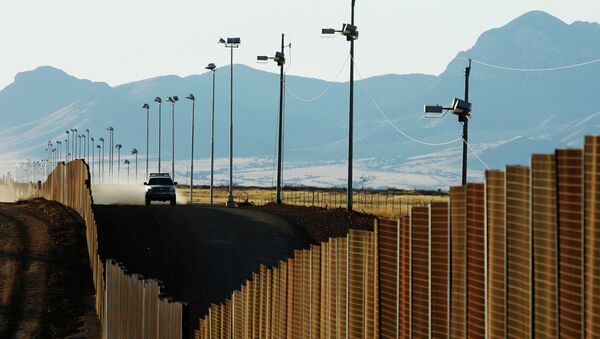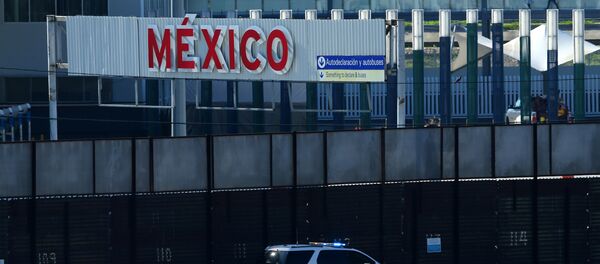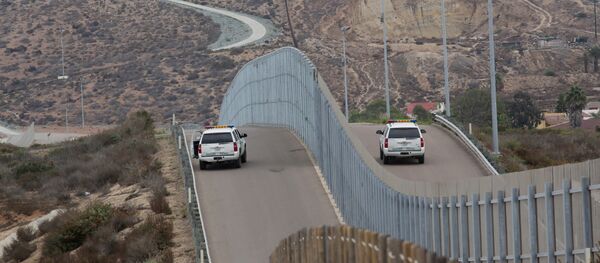The bill would direct the Department of Homeland Security to build a network of sensors, drones and fiber optics to monitor the border and protect the country from unwanted immigrants and contraband. Hurd said in a statement that the smart wall could be “fully operational within a year,” according to Nextgov, and would improve border protections and save taxpayers money.
“Violent drug cartels are using more modern technology to breach our border than what we are using to secure it,” Hurd explained.
“[Rather] than building walls to meet campaign promises, [the SMARTAct] takes a measured approach by directing DHS, in conjunction with state and local agencies” to determine what technologies could better be used to secure the border, according to Texas Democrat Henry Cuellar, one of the bill’s co-sponsors.
“A giant wall is nothing more than a 14th Century solution to a 21st Century problem,” he added.
The US Border Patrol’s acting Chief Scott Luck testified last week at a House of Representatives subcommittee hearing that a combination of technology, physical barriers and trained professionals would be needed to secure the US border with Mexico.
Ideally, a border control system would be put in place whereby information could be “shared immediately to all components and agents and officers who need it,” Luck said.
As far as technology goes, Hurd has reportedly been tapping the expertise of Anduril Industries, a Silicon Valley defense tech firm founded by virtual reality entrepreneur Palmer Luckey, who also founded Oculus VR, CNN reported. The proposal estimates the smart wall will cost — at most — $500,000 per mile, considerably less than the $24.5 million per mile requested by the government for border security for fiscal year 2018.




